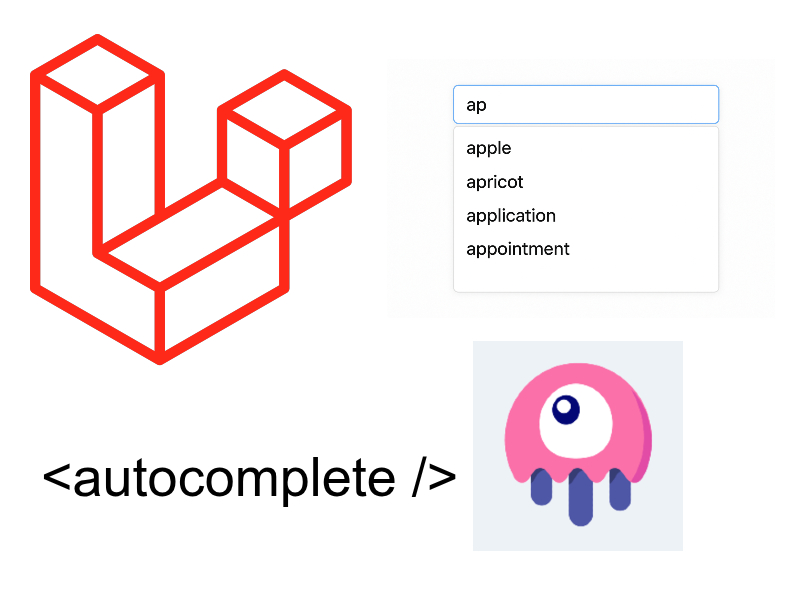
One of the most important data structures not many people knows about it which included in the Spl extension is SplFixedArray.
If we think of a way to store data temporarily in any programming language, the term “array” will come to us in the first place, but in programming languages such as Java, for example, there are alternative to arrays, such as Map and Set which can be used in specific scenarios such as the big data.
However in the PHP world, we always use the traditional array as a storage method. But did you know that the SPL extension has a type of data structure that is very similar to array, which is the SplFixedArray.
Class Terminology
class SplFixedArray implements IteratorAggregate, ArrayAccess, Countable, JsonSerializable {
/* Methods */
public __construct(int $size = 0)
public count(): int
public current(): mixed
public static fromArray(array $array, bool $preserveKeys = true): SplFixedArray
public getSize(): int
public setSize(int $size): bool
public toArray(): array
...
...
...
}
These are some of the methods that SplFixedArray provides and as demonstrated in the class structure, the SplFixedArray implements IteratorAggregate, ArrayAccess, Countable, JsonSerializable. From among these the IteratorAggragate interface which enable us to iterate over the SplFixedArray as a normal array as we will see below.
When you instantiate a new object of this class you must specify the $size through the constructor or can be set using the SplFixedArray::setSize($size) method.
Example:
<?php
$array = new SplFixedArray(10); // initialize a fixed array of size 10
echo "<pre>";
echo $array->getSize() . "<br/>\n";
$array[0] = 2;
$array[1] = 100;
$array[5] = "Hello world";
var_dump($array);
echo "</pre>";
// output
10
object(SplFixedArray)#1 (10) {
[0]=>
int(2)
[1]=>
int(100)
[2]=>
NULL
[3]=>
NULL
[4]=>
NULL
[5]=>
string(11) "Hello world"
[6]=>
NULL
[7]=>
NULL
[8]=>
NULL
[9]=>
NULL
}
Here i created a new instance of SplFixedArray which have a length of 10 items. You can retrieve the array size by calling $array->getSize(). After that i assigned some items to array using the index syntax as normal array and the other items of the array will have the value Null as shown above.
Any attempt to assign a value to an out of bounds index will through exception like these:
$array[12] = 10000; // Fatal error: Uncaught RuntimeException: Index invalid or out of range in /index.php
For that you can extend the size of the array using the SplFixedArray::setSize($size) method:
$array->setSize(15); $array[12] = 10000; echo $array->getSize(); // 15
To access particular item in the array you can use the item index like the normal array as well.
echo $array[12]; // 10000
Any item that haven’t been assigned a value have the value null by default.
echo $array[7]; // empty value
There is another way to write a value to specific index and read a value using:
- SplFixedArray::offsetSet(index, value)
- SplFixedArray::offsetGet(index).
$array->offsetSet(7, "New item"); echo $array->offsetGet(7); // output New item
Also to check the existence of specific index there is SplFixedArray::offsetExists(index):
if($array->offsetExists(7)) {
echo "exists";
} else {
echo "not exists";
}
The php isset() function can be used also to check the existence like in normal arrays:
if(isset($array[7])) {
echo "exists";
} else {
echo "not exists";
}
// output
exists
You can convert the SplFixedArray to normal array using the toArray() method like so:
$normalArray = $array->toArray();
var_dump($normalArray);
// output
array(15) {
[0]=>
int(2)
[1]=>
int(100)
[2]=>
NULL
[3]=>
NULL
[4]=>
NULL
[5]=>
string(11) "Hello world"
[6]=>
NULL
[7]=>
string(8) "New item"
...
...
}
In the same way to convert normal array to SplFixedArray we can use the static method fromArray($array):
$normalArray = [1, "foo", 2, "bar", false]; var_dump(SplFixedArray::fromArray($normalArray));
Iterating Over SplFixedArray
We can loop over the SplFixedArray using the foreach loop as in usual arrays:
foreach ($array as $key => $value) {
echo "$key: $value\n<br/>";
}
// output
1: 100
2:
3:
4:
5: Hello world
6:
...
...
...
Advantages of SplFixedArray
So far we have described some of the methods and the basic usage of SplFixedArray but we haven’t discussed about why to choose to work with SplFixedArray over normal array.
Using of SplFixedArray does matter when you are dealing with huge data i.e storing millions of data as SplFixedArray provide a greater performance boost. Benchmarks states that SplFixedArray speed greater than normal array by 15% to 30%.
To demonstrate this we can use the microtime() function:
For normal array
$startTime = microtime(true);
$arr = [];
for($i=0; $i < 5000000; $i++) {
$arr[] = $i;
}
$endTime = microtime(true);
echo "<br/>\n Time taken: " . ($endTime - $startTime);
// output
Time taken: 0.22327208518982
For splfixedarray
$starttime = microtime(true);
$fixedArray = new SplFixedArray(5000000);
for($i=0; $i < $fixedArray->count(); $i++) {
$fixedArray[$i] = $i;
}
$endtime = microtime(true);
echo "<br/>\n Time taken: " . ($endtime - $starttime);
// output
Time taken: 0.19789695739746
As you see in the next benchmark test that the SplFixedArray takes lower than the normal array.


